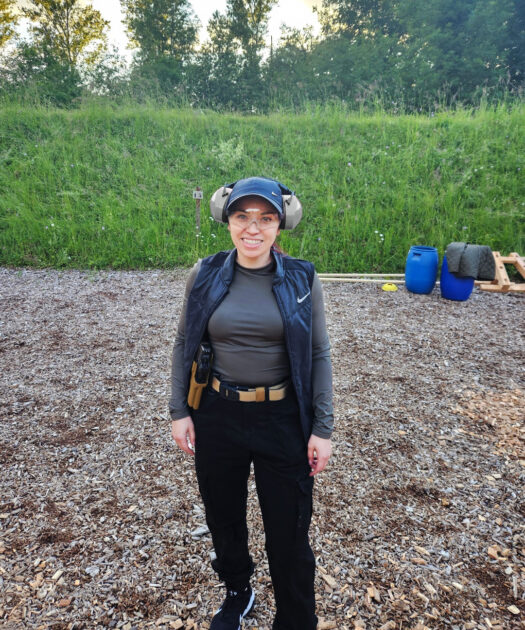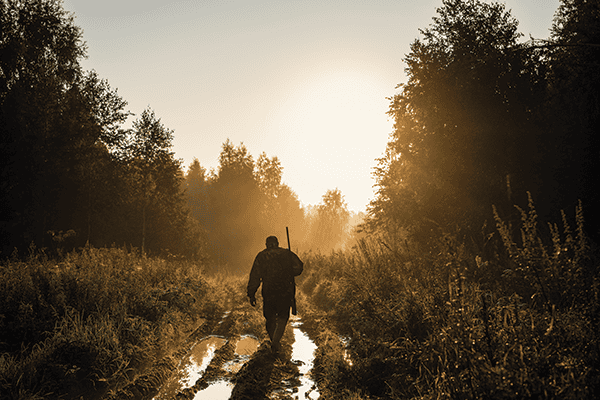Gun Shop Specialization
Should You Specialize? How Much?
Specialization can be handled two ways. You can specialize in a specific product area while still stocking and selling other shooting goods or you can limit your stock to only one category of goods. Each has its drawbacks, and yet each can be accomplished successfully, if the market is there, with the proper preparation and effort.
Gun Shop Tendency
Most gun shops have a tendency to specialize to some extent. After a short time, the owner or buyer determines what sells well, and stocks these items a bit more heavily than others. In some cases, this trend grows to the point where the dealer becomes known as the place to get target rifles, trap and skeet guns or whatever. To his market area, he becomes a specialist.
For most gun shops, this is the way to answer the question, “Should I specialize?” You simply let your customers determine the answer for you. No big decisions on your part, just an evolution into the area of semi-specialization.
Keeping Customers
There is still some effort required on the dealer’s part; he must be sure as his inventory of non-specialty goods dwindles, he is not slowly losing those customers who still think of him as a full-line shop.
Before we get into the area of true specialization, let’s consider those shops who are specialists in name only. Many times we’ll see a place called “The Cop Shop” or “The Smoke Pole,” only to find varmint rifles, trap shotguns or other such items being offered in quantity. Certainly these names are a bit more colorful than “Joe’s Gun Shop,” but they do tend to indicate specialization, and may deter some passerby from coming in.
If you are determined to change into a real specialty shop, you had better be sure the path ahead is not strewn with remnants of those who have tried it before, and it leads into the direction you are headed.
Your past sales records, a good hard look at your market area and those competitors in your area and a determination to specialize may indicate to you you should make the move.
Wait! Think of some negative aspects specialization can bring:
1. You’ll be losing all of the sales outside of your area of specialization.
2. Present day sales trends, that perhaps caused you to consider specialization, may change.
3. Shooting interests in your market area may be affected by circumstances beyond your control; the closing of a trap range or the move of a club to a site out of your market area.
4. Some guy with a lot more smarts and money may have the same idea, and he may do it bigger and better than you.
If this does not scare you out of the notion, there may be some positive aspects that may appeal to you. First there is the knowledge you are the place in town for whatever the shooter may need in your area of specialization. This presupposes you have a stock of everything these shooters need. Inventory control in a specialty shop is easier and, because you will be buying only specific shooting items in larger quantity, you may be able to get better prices and better delivery.
Departmentalizing
There is yet another way a gun dealer can specialize without changing his buying; which is to departmentalize his gun shop. If you have three cases available for display of shotguns, why not make one your “Trap & Skeet Department,” another your “Hunting Department” and the third your “Collector Department.”
Each case, then, becomes a specialty shop. If your shop has the room and layout conducive to this sort of departmentalization, why not consider a group of specialty shops within your present confines? Let the more successful of these grow and spread into others that are less successful, and you may soon find the gate possibly leading you into the world of specialization.
Editor’s Note: The above article was published with the same title in the May 1981 issue of Shooting Industry in the monthly “Firearms Retailing” column.




